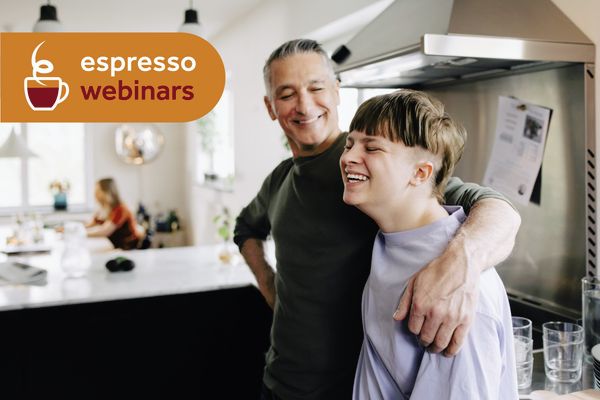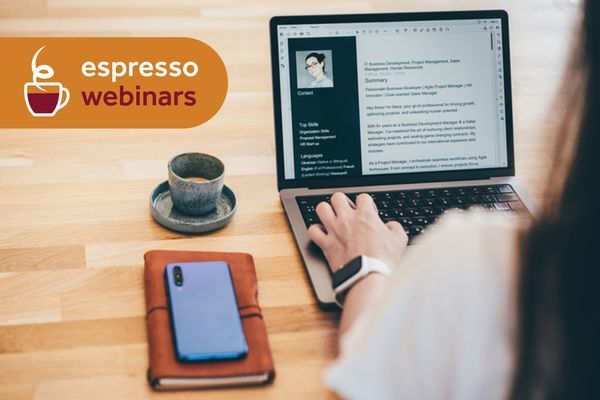If you’ve ever had a few drinks before bed then you’ve probably:
- suffered a headache caused by dehydration
- visited the bathroom at least once in the night because alcohol is a diuretic (in other words, you need to pee more)
- experienced disturbed and restless sleep because you’re feeling hot and sweaty.
The first two effects might seem obvious but have you ever considered that alcohol could affect your body temperature?
Because alcohol is highly calorific, drinking too much means that your body is suddenly faced with having to burn off these additional calories. And burning off more calories increases your body temperature!
In order to get a good sleep, you need to lose approximately 1°C of body temperature throughout the night.
But the alcohol in your system is a barrier to losing heat. It leads to poorer sleep, particularly in the second half of the night.
Too many pints — or that extra glass of wine — can be the trigger for waking up bathed in sweat with your pillow soaking wet. Combine alcohol with a fatty kebab or a late night curry and your body has its work cut out keeping you cool and keeping you asleep.
does alcohol always affect sleep?
Everyone is different. We all know someone who feels merry following their first drink and we know others who appear unfazed by pint after pint.
Just as alcohol affects all of us in different ways — and at different stages — there’s no set rule for how it will affect your sleep.
That said, if you’re drinking half a bottle of Scotch before bed then it will, of course, disturb your sleep. It could also be indicative of a wider problem.
By contrast, a small sherry or a nip of whisky before bed has never done anyone any harm and it can often be the perfect end to a lovely evening.
so can you use alcohol to help you sleep?
Occasionally consuming a small amount of alcohol in the evening to help you relax and wind down isn’t a problem.
The problem arises if you find yourself relying on alcohol to get you to sleep. It can become a sleep crutch.
If you’re regularly drinking alcohol to help you fall asleep, particularly if you have insomnia, it’ll probably make your sleep problem worse.
Using alcohol as a sleep aid may result in you believing the only way you can get to sleep is by drinking. This idea becomes a self-fulfilling prophecy.
Using alcohol to help you relax and sleep may actually be masking a sleep disorder that needs treatment.
how does alcohol affect sleep?
Alcohol affects several stages of your sleep:
- Sleep onset latency - the time to fall asleep is reduced as soon as you consume any amount of alcohol. This appears to be the most robust effect of alcohol on nocturnal sleep.
- Wake after sleep onset - waking during sleep is reduced in the first half of sleep but increased for total sleep time.
- Slow wave sleep - alcohol increases SWS in the first part of sleep. The effect of alcohol on total night SWS is dose-dependent: low doses show no clear trend; moderate doses show a trend toward an increase in SWS; and high doses show a significant and clear trend towards increasing total SWS.
- REM sleep - following low or moderate doses of alcohol, there is no significant effect on REM sleep percentage in the first half of sleep. Significant effects on REM sleep reduction are only seen with high doses of alcohol.
alcohol and sleep: breaking the cycle
Improving sleep has been shown in several studies to have a positive impact on health and well-being. Benefits include:
- improved physical health
- improved cognitive functions
- improved emotional health
As sleep disturbance is a predictor of future alcohol use and related problems it would seem logical that improving sleep may help reduce the incidence of alcohol use disorder.
what can I do if I'm dependent on alcohol and can't sleep?
A recent study tested the feasibility and short-term efficacy of Cognitive Behavioral Therapy for Insomnia (CBTi) among binge-drinking young adults with insomnia.
CBTi was, as expected, found to improve sleep. Interestingly, it was also associated with reductions in alcohol-related problems among young adults at risk from alcohol-related harm.
This suggests not only that CBTi is effective in reducing insomnia symptoms but that improvements in insomnia may also result in fewer alcohol-related problems.
breaking that debilitating cycle is possible
The potential for insomnia treatment to influence alcohol-related consequences has significant implications for the prevention and treatment of problematic alcohol use among young adults.
CBTi reduces symptoms of insomnia among adults who are actively drinking — even in the absence of direct alcohol intervention.
This is important as individuals tend to report a preference for insomnia treatment compared to other treatments related to mental health issues.
cognitive behavioural therapy for insomnia as a solution to alcohol-induced insomnia
CBTi, as offered by Sleepstation, could help if you’re experiencing alcohol-induced insomnia.
CBTi is recommended as the best starting point for treating insomnia that has lasted more than four weeks (chronic insomnia). Unlike sleeping pills, CBTi helps you overcome the underlying causes of your sleep problems rather than just alleviating the symptoms.




